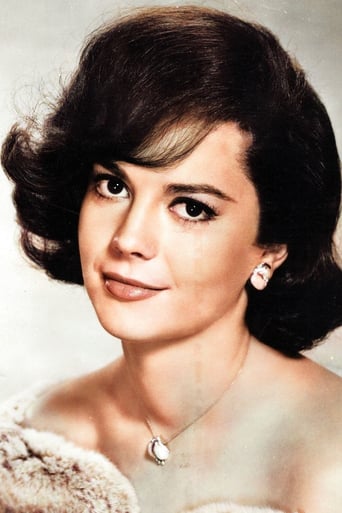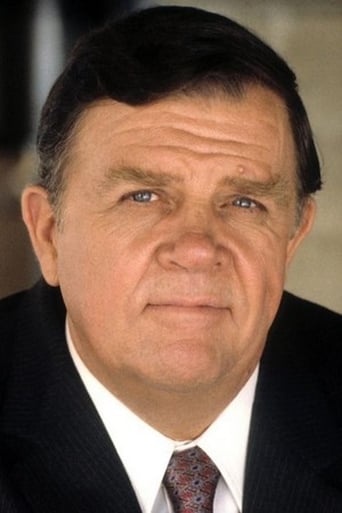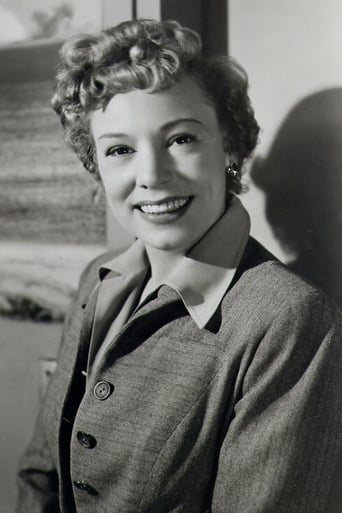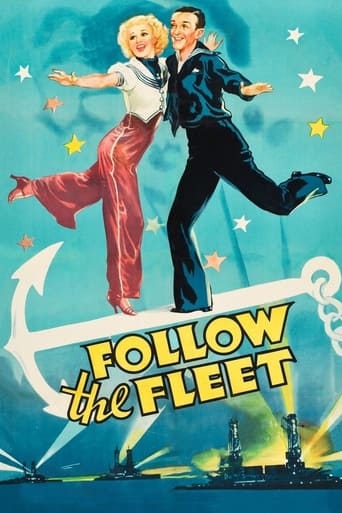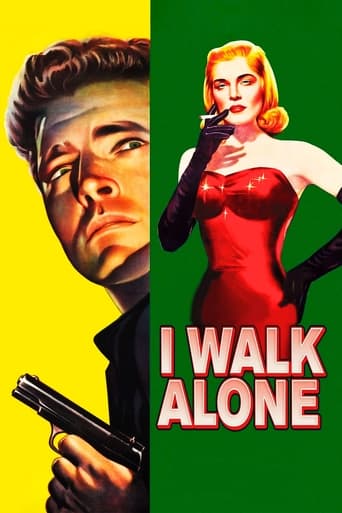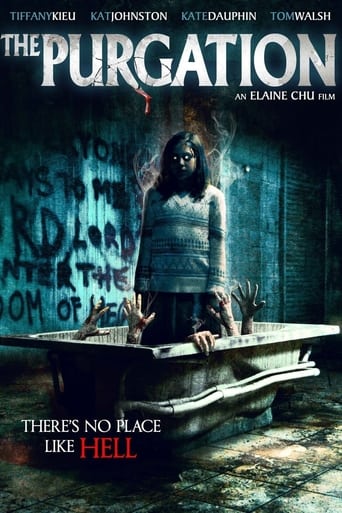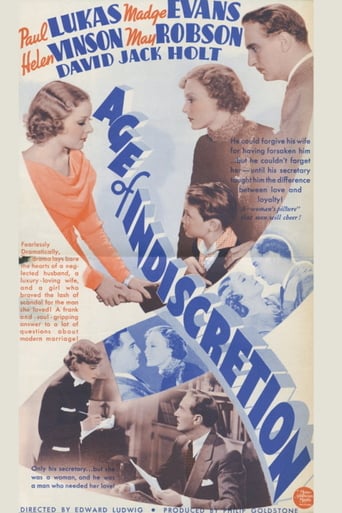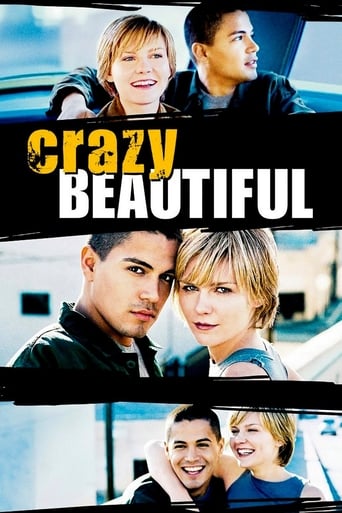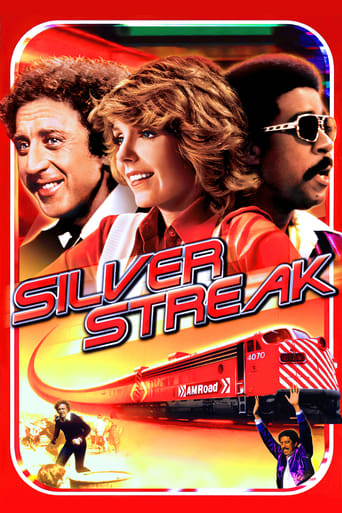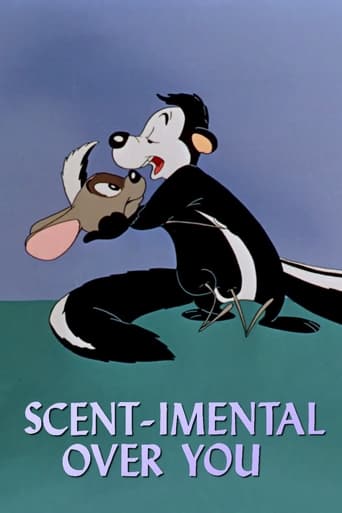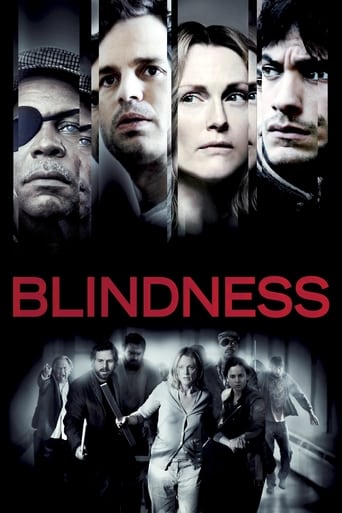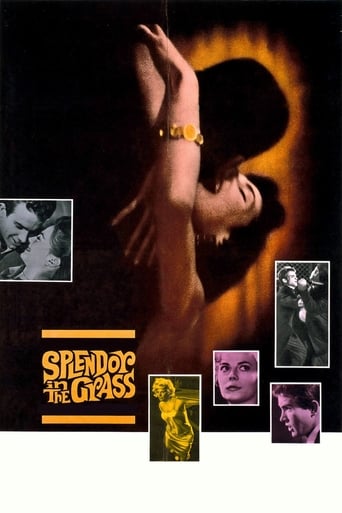
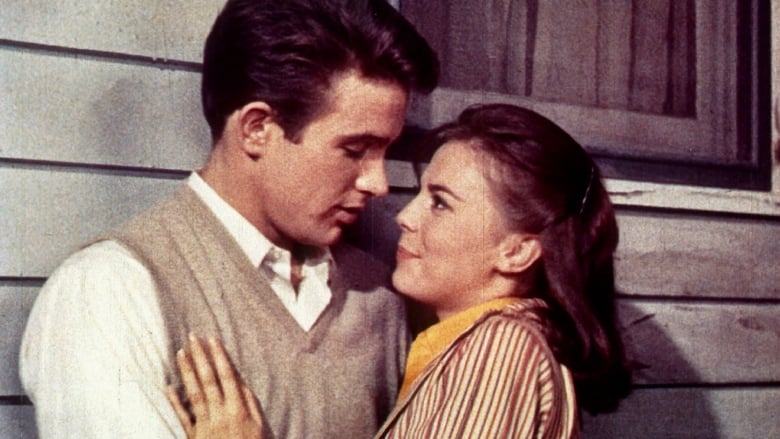
Splendor in the Grass (1961)
A fragile Kansas girl's unrequited and forbidden love for a handsome young man from the town's most powerful family drives her to heartbreak and madness.
Watch Trailer
Cast
Similar titles
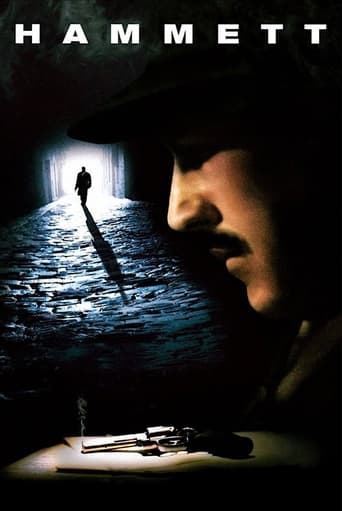

Reviews
It's entirely possible that sending the audience out feeling lousy was intentional
Tells a fascinating and unsettling true story, and does so well, without pretending to have all the answers.
It's an amazing and heartbreaking story.
Actress is magnificent and exudes a hypnotic screen presence in this affecting drama.
A love story, yeah! But we go on a slow and painful roller coaster ride. Think of Inge's work and this one fits so well. It is a movie about how following the mores of the time contribute to near tragedy. This is Natalie's best performance and not because of the big dramatic moments but of the much more subtle moments. The creators gave her the understanding of how less is more. Boy was it this time. Beatty is an actor I have never found rewarding but in his debut here he is heartbreaking. Audrey Christie as Deennie's mother probably gives the best performance. She has the dangerous role of potentially becoming the villainess, but her love and understanding of the character came from a deep self-exploration. I have seen this movie many times but this was the first time on a bigger screen. I had no idea how much more powerful it is when you can see the entire picture. This is one of those movies where you can tell that the screenwriter, the director and the actors knew exactly their purpose and didn't mess around. There isn't a scene out of place. And that ending will haunt you for much of your life.
SPLENDOR IN THE GRASS is a romantic drama about a teenage love, passion, temptation, suffering and acceptance. A beautiful and modest teenage girl, who lives with her parents in Kansas, follows her mother's advice to resist her desire for sex with her boyfriend. He is the son of one of the most prosperous families in their town. They are very nervous and impatient. A young man, reluctantly, follows the advice of his father, who suggests that he find another kind of girl with whom to satisfy his desires. His older sister, who loves a hedonistic lifestyle, is sexually promiscuous. His parents are ashamed of her. A love couple is exposed to constant emotional pressure. He has accepted his father's advice. She, slowly, starts to lose her mind...An economic depression, a parental domination and a conflict between traditional and modern ways of life are thematic segments analyzed in this story. It is interesting that love and passion very quickly turn into an obsession. The love affair between two young people is full of temptations and mutual suffering. A harsh social drama, which is quite explicit, is dovetailed" between the material and spiritual crisis. That is a time, in which emotions are unpleasant but very sincere. Sexual frustrations, or sexual riots are, in this case, are a reflection of the isolation of a society. These teenage lives are quite sensitive to any sudden change. Characterization is very good.Natalie Wood as Wilma Dean "Deanie" Loomis has shown strong form of an emotional stress, which is caused by violent passions, sexual desire, traditional environment and personal depression. The innocence in her eyes and a little embarrassed smile on her face have further enhance that effect. Ms. Wood is, in my opinion, one of the most beautiful actress of all time. Warren Beatty as Bud Stamper has offered a very decent performance. A little bit rebellious son, who has tried to escape from his father's lap. His character is somewhat pathetic. His emotional exhaustion and impatience have closed a door of his happiness.However, he has, in the end, stayed in the traditional environment, while Deanie has made an uncertain, but a decisive step into the world.Their support are Pat Hingle (Ace Stamper) as an unreasonable father, who inexorably separates his son from his happiness and Audrey Christie as Mrs. Loomis as a soft-spoken mother, who has built a prison cell" around her daughter.Mr. Kazan has very well described this social disorder, in which, missed opportunities and youthful fears have eliminated every crumb of optimism.
When I first saw this movie during the 1960's, I thought it was something special; more than fifty years later, I still do.The intensity of Deanie Loomis' emotions for Bud Stamper, clashes with the strictures and inhibitions of her emotionally burnt-out parents. Natalie Wood as Deanie was never more luminous than in this film and never better. Warren Beatty in his first film plays Bud with a hesitant intensity that became his trademark. His character yearns for something he can't define and this brings him into conflict with his father, Ace (Pat Hingle), who only seems to want a replica of himself. All this is played out in Kansas in the late 1920's where youthful passion, hormones and zest for life seem thwarted at every turn. And what an ending this film has; one that leaves you sitting in your theater seat long after the curtains close.The critics weren't too kind to "Splendor" when first released. It occasioned much sarcasm. The New Republican's Stanley Kaufman thought it, "an Andy Hardy story with glands". He also added, "a Martian who saw this film might infer that all adolescents deprived of sexual intercourse go crazy." Well maybe not, but doesn't unrequited love and unfulfilled passion drive people a little crazy, or at the least make them very unhappy? The power of William Inge's screenplay, and Elia Kazan's direction, expresses those feelings through the heightened actions of the characters - Inge rarely resorts to narration or voice-over to reveal their thoughts, it all plays out in their interactions with one another. Anyway, the public certainly got it; the film was a huge success. This film made me want to know more about William Inge. He's in the movie and plays the thoughtful, sad-looking minister. However, he was a troubled man, after early success: "Picnic", "Come Back Little Sheba" etc., there was a slow decline complicated by alcoholism and depression. Finally, he went to his garage, closed the door, got in his car and turned on the ignition. But he wasn't going anywhere - or maybe he was taking the greatest journey of all - for William Inge had finished with this life. You often read that the screenplay for "Splendor in the Grass" was written for the most part by director Elia Kazan, based on a novella by William Inge, Kazan states as much in his autobiography. However he also reveals that the key themes and that powerful ending are indeed William Inge's. "What I liked about this ending", he says, "is its bittersweet ambivalence, full of what Bill had learned from his own life: that you have to accept limited happiness, because all happiness is limited, and to expect perfection is the most neurotic thing of all; you must live with the sadness as well as the joy." Kazan also said, "It is not my favorite of my films, but the last reel is my favorite last reel, at once the saddest and the happiest".The performances of Natalie Wood, Warren Beatty and all the others, are locked forever in this moving film. Like many movies that are set decades before they were made, "Splendor in the Grass" is rather timeless - it will probably stay that way now.
Splendor in the Grass is my fourth Elia Kazan film, the other three being A Streetcar Named Desire, On the Waterfront and East of Eden. All three of those are wonderful films, On the Waterfront even being one of the best films of the 50s, and-apart from it being a little too long and psychologically simplistic in places-so is Splendor in the Grass. It looks absolutely beautiful and is technically accomplished, with the 20s setting actually looking like the 20s, and David Amram's score is romantic, lyrical and emotionally searing while allowing the drama to speak for itself. The script rightly won an Oscar, it is a very intelligently written film with no padding, it's both thought-provoking and poignant and it draws and develops the characters remarkably- bringing humanity and flesh-and-blood-quality to potential stereotypes- the most interesting being Deanie. The story takes its time to unfold but it's all worth it, it is done so gracefully, the romantic elements are sweet without being cloyingly so and it is also one of the most moving films I've seen. Especially the ending which is heart-breaking. Kazan's direction is remarkably sensitive, more so than his occasionally heavy-handed direction in East of Eden. The powerful performances in Splendor in the Grass also help, the standouts being Pat Hingle and especially Natalie Wood. Hingle is quite terrifying as the formidable father figure and Wood has never been more tender and it is a contender for her best performance(the bath-tub breakdown was another truly moving moment in the film, and the emotion felt genuine and not forced). Warren Beatty makes a most credible feature debut, acting with understated poise, while Audrey Christie dominates the screen while giving her maternal character depth and Barbara Lodon relishes her role too. All in all, a splendid film that is beautifully made and really tugging at the heart-strings. 9/10 Bethany Cox
